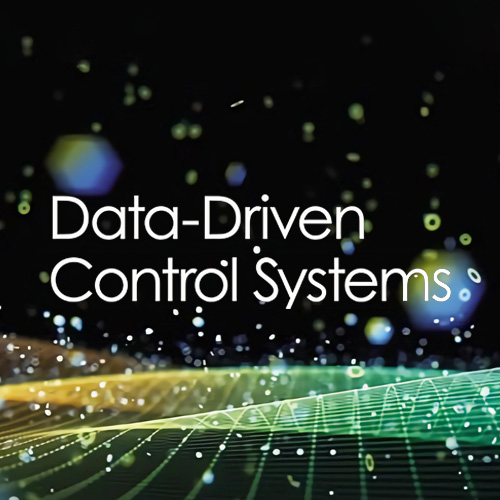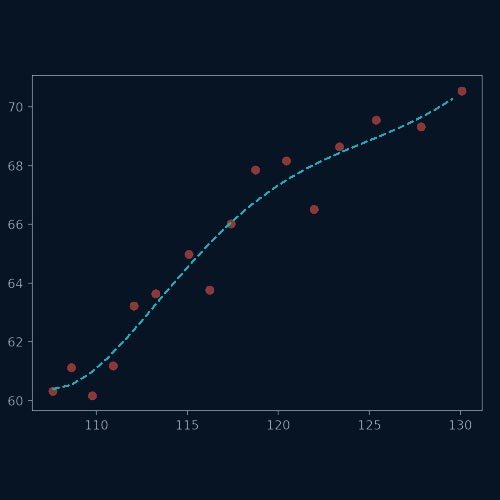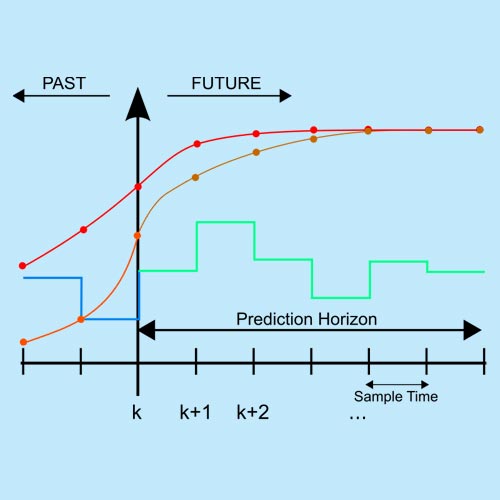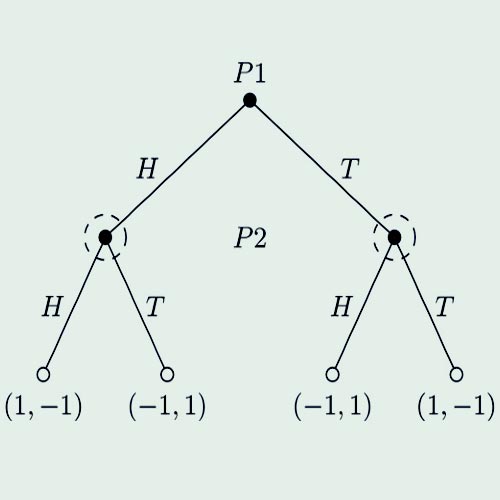Data-Driven Control Systems
This course on Data-Driven Control Systems provides a focused study on advanced methodologies in control system design. Part A covers topics such as Unfalsified Adaptive Switching Supervisory Control, Virtual Reference Feedback Tuning (VRFT), and Koopman Theory. Part B delves into philosophical discussions on the paradigm shift towards data-driven control. Through a blend of theory and practical applications, students will gain insights into cutting-edge approaches shaping the future of control systems.





